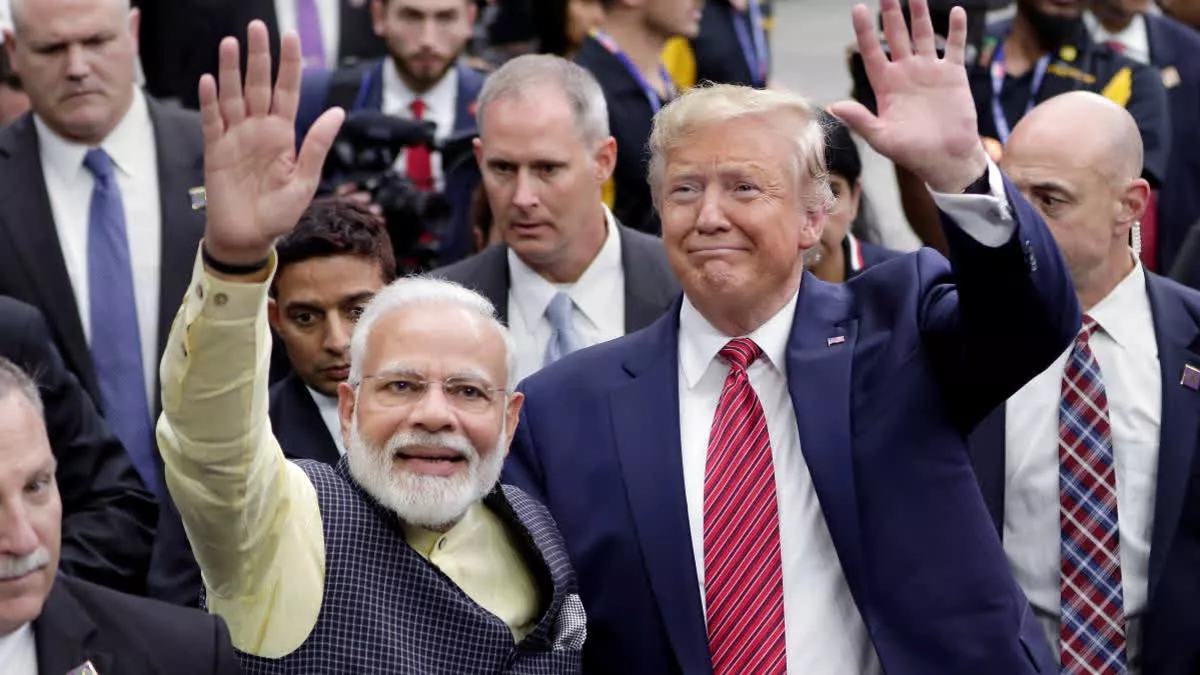Speeding bus mows down pedestrian at MG Road more, driver flee
.gif)
.gif)

Donald Trump returning to the White House, questions are emerging on how a second Trump administration could shape India-US relations. As Foreign Minister S. Jaishankar noted, the US is likely to lean toward an isolationist stance regardless of the 2024 election’s outcome. This brings new opportunities and challenges across immigration, trade, and defense for India, a major strategic US partner.
Trade Relations and Economic Policy
Under Trump’s "America First" principles, trade policies could see tariffs affecting key Indian sectors like IT, pharmaceuticals, and textiles. However, his plan to reduce reliance on Chinese manufacturing offers India a chance to establish itself as an alternative hub for US businesses aiming to diversify their supply chains. Trump’s proposal for reciprocal tariffs could pose a hurdle, with his remarks signaling that India may face stricter trade terms.
Immigration Policies and Indian Workforce
During Trump’s first term, restrictive immigration policies affected Indian IT professionals relying on H-1B visas, increasing wage requirements for foreign workers. Should Trump take a similar approach in a second term, it could again challenge Indian technology firms and skilled professionals, affecting the Indian talent pool in the US. Indian diplomats may seek to mitigate these effects to protect one of India’s most vital economic contributors.
Military Cooperation and Indo-Pacific Stability
Defense cooperation has been a core aspect of India-US relations, underscored by initiatives like the Quad alliance and the iCET program. Although Trump’s approach to alliances like NATO suggests a potential cautious stance, India-US military relations are likely to remain strong, with both countries sharing strategic interests in countering China’s influence. Trump's prior emphasis on bolstering India-US defense partnerships could bring further joint military exercises, arms sales, and technology transfers.